Growing pains: Zurich Film Festival turns 17
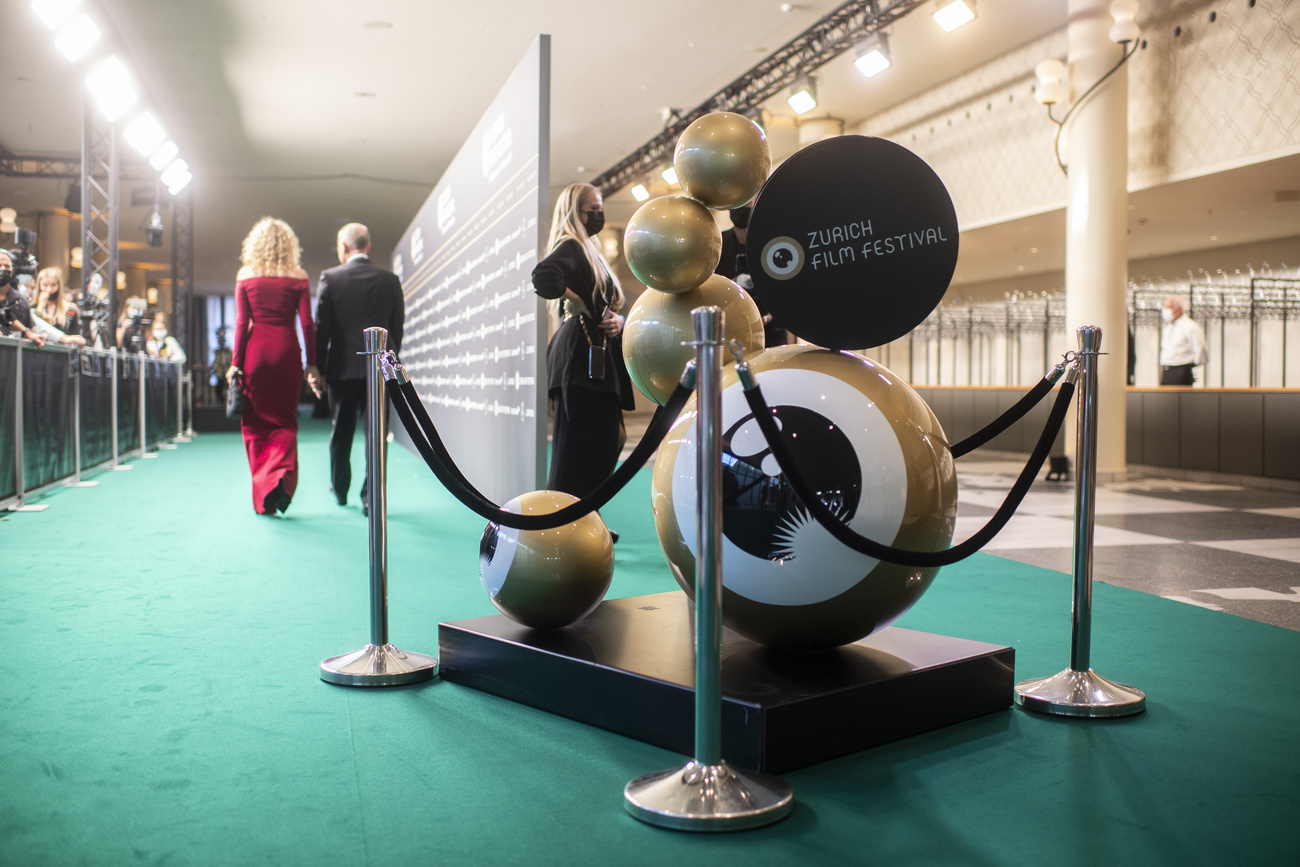
Between September 23rd and October 3rd, the Zurich Film Festival celebrates its 17th anniversary. As it does every year, it will draw large hip crowds and host major international movie stars, but its identity as a Swiss festival is as elusive as ever.
In 2015, the culture section of the prestigious Sunday newspaper NZZ am Sonntag ran a provocative article by occasion of Solothurn Film Festival’s 50th edition. In it, the festival, a comprehensive annual retrospective of Swiss filmmaking, was accused of lacking in vision, of being an elitist left-wing echo chamber in the thrall of “political correctness” and fostering an environment that makes the Swiss film industry unable to compete internationally.
“Turning 50 is a time for self-reflection,” the piece argued, as “for many, this is the last chance to change their path.” The withering diagnosis: in its current form, the Solothurn Film Festival is “Switzerland’s most dispensable film festival,” an ossified relic with “no right to exist.”
The journalist responsible for the controversial harangue was Christian Jungen, long-time chief film critic and, from 2017, head of culture at the NZZ am Sonntag – a position he vacated in 2019 to pursue a new career, that of artistic director of the Zurich Film Festival (ZFF). To date he is sharing the festival’s directing duties with its managing director, Elke Mayer.

Zurich-centric hubris
The hard line Jungen took on the Solothurn festival makes his appointment particularly intriguing. Ever since its inaugural edition in 2005, the brainchild of Karl Spoerri, Nadja Schildknecht, and Antoine Monot, Jr., the ZFF has struggled against accusations of lacking a concrete creative mission.
A week after Jungen’s 2015 polemic was published, the Solothurner Zeitung offered a rebuttal in which it characterised the ZFF’s guiding ethos as one of opportunistic celebrity worship. Swiss cinephiles refer to the ZFF as a Zurich-centric hubris. Critics of the festival argue that Zurich only has a high-profile film festival because that’s what a major city is expected to have.
Moreover, political entanglements, sponsorship deals, and budget allocation have frequently threatened to eclipse the festival’s artistic aspirations. For instance, the festival’s integration into the NZZ media group, which also oversees the NZZ am Sonntag, understandably raised more than a few eyebrows.
High-end commercial partners like Credit Suisse and Mercedes-Benz, meanwhile, are as much of a festival fixture as discussions surrounding its visual identity. This year’s festival poster, an ostensibly rushed Photoshop montage of Danish actor Sandra Guldberg Kampp in front of a bed of roses, is just the latest corporate-design decision that raises questions about the ZFF’s budgetary priorities.
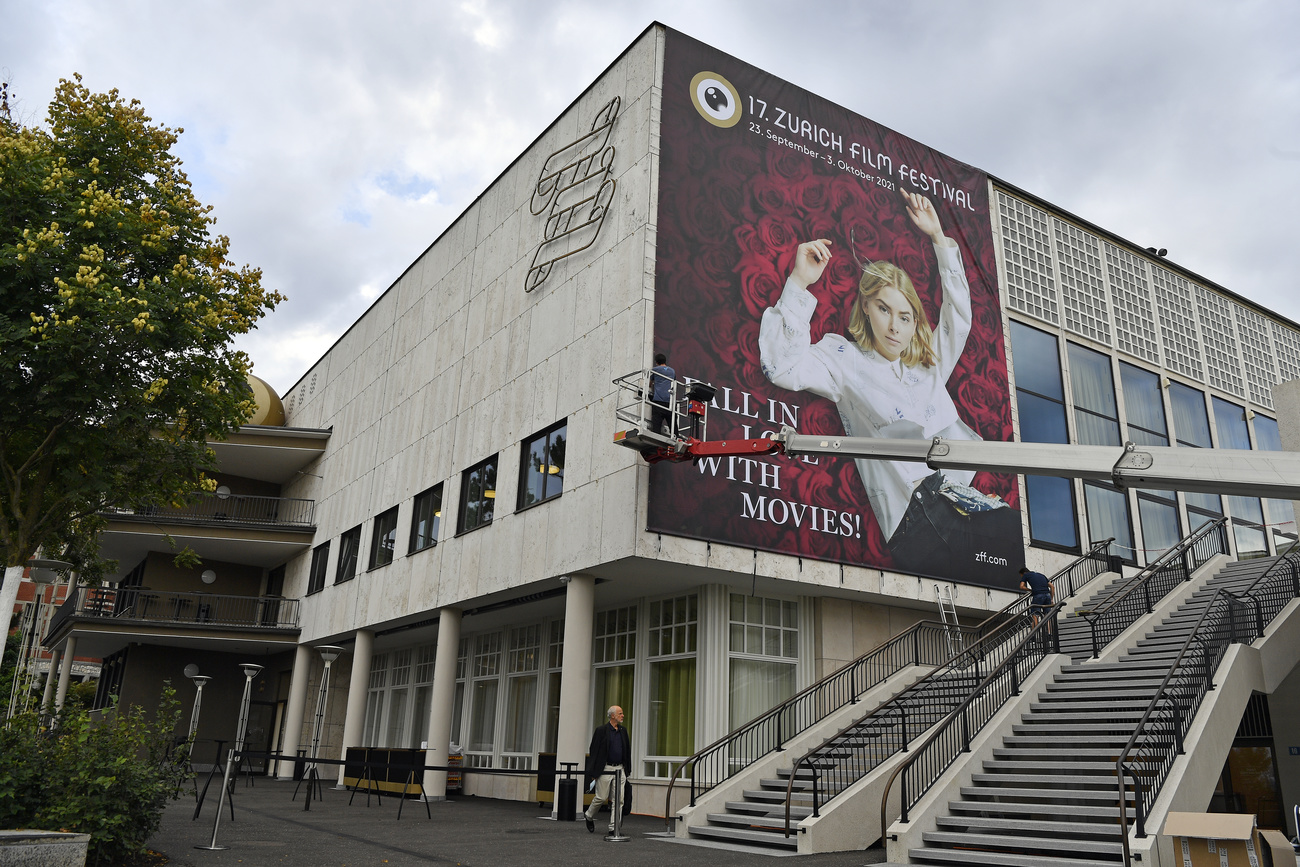
Thus, even on the eve of the festival’s 17th edition, it’s still a challenge to define it as anything other than what I would sum up as “the eleven days in the calendar where Zurich’s storefronts sport the festival’s eye logo, cinemas are fuller than usual, and the papers are awash with images of famous actors exiting limousines at Sechseläutenplatz.”
The up side
Of course, there is value in that as well. Over the course of its existence, the festival has steadily grown its audience, surpassing 100,000 attendees in 2018 and becoming, in terms of audience size, the second-largest film festival in the German-speaking world, after the Berlinale.
Its promotion of film as a unifying mass medium is laudable, as is its yearly effort to strike a balance between broadly accessible fare, international art cinema, and the works of budding directors, through its policy of having only first, second, and third features compete in the main sections.
In light of the ongoing conflict between theatre projections and at-home streaming, the ZFF’s emphatic dedication to the cinema as a physical space is also a welcome statement of allegiance – though Jungen and Mayer’s public refusals to even entertain the idea of an online festival, both in 2020 and 2021, seemed more like reckless posturing than responsible pandemic management.
Still, championing the art form of cinema itself is not enough to give a festival an identity. Nor does the occasional incident that makes global headlines – like the 2009 arrest of director Roman Polanski upon his arrival in Zurich.
Twelve years on, the awkward episode remains perhaps the most significant event in ZFF history, which throws into sharp relief the festival’s lack of international standing in terms of its programming.
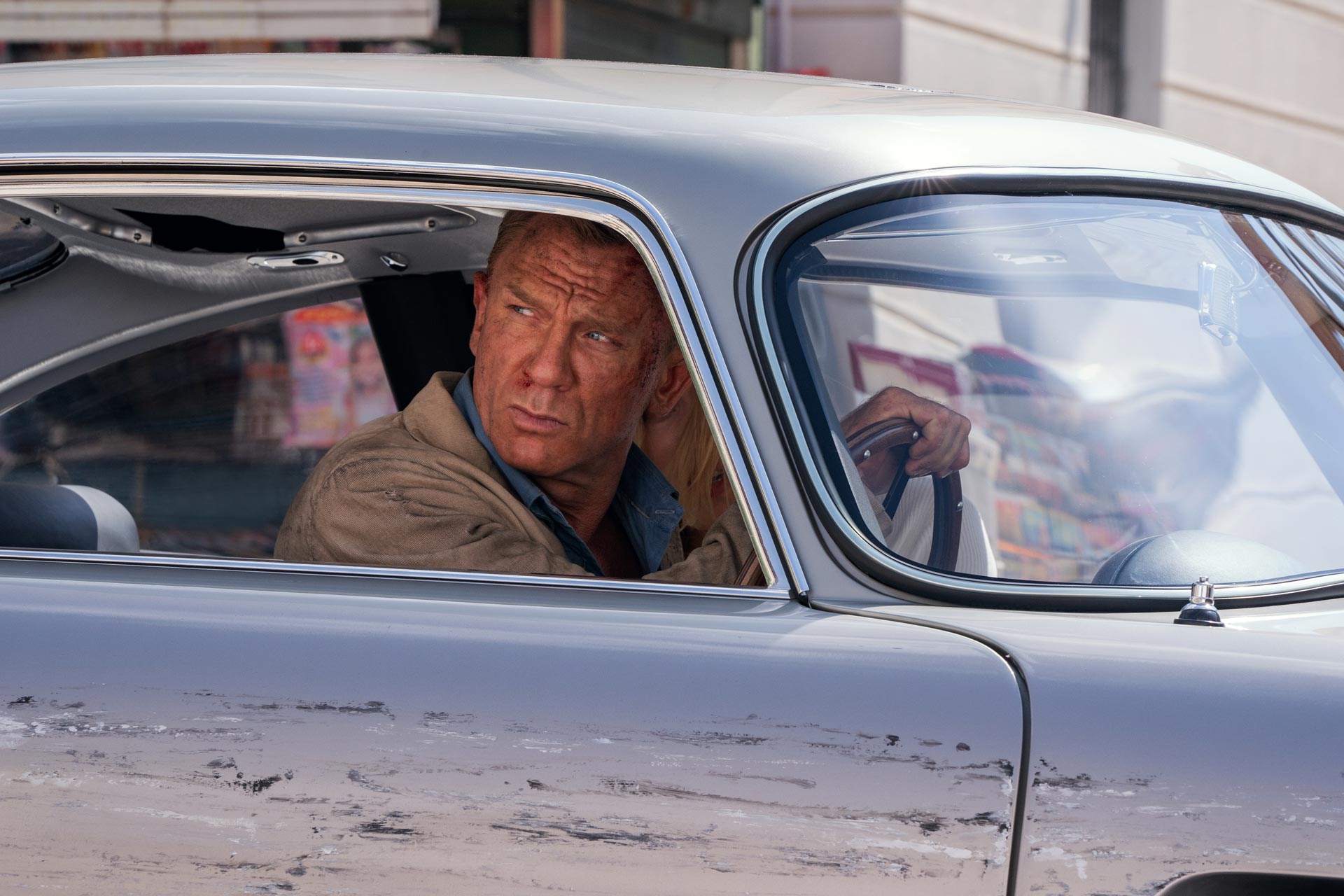
Among Swiss festivals
Other Swiss festivals, even though most of them can’t compete with Zurich’s audience numbers, fare much better in that regard.
SolothurnExternal link, for all its undeniable structural flaws, is still the place to go if one wants to get an idea of what Swiss cinema is currently up to. The Visions du Réel External linkin Nyon and the FantocheExternal link in Baden are internationally renowned addresses for documentary and animation filmmaking, respectively.
Locarno, the one Swiss film festival to still outdo the ZFF in terms of crowd size, is a European institution that, in spite of recent administrative and artistic crises, continues to be an art film festival of high repute.
By comparison, the ZFF, with its emphasis on star power, seems to style itself as the cool new(ish) kid on the block that draws the biggest crowds by hosting the most illustrious names and landing out-of-competition second premieres for some of the more anticipated titles that screened at Cannes or Venice.
When Sharon Stone took to the stage on 25 September to receive this year’s Golden Icon Award, an accolade meant to honour “iconic” legends of the silver screen, she joined a rogues’ gallery of mostly white, mostly Anglophone, mostly Hollywood-reared previous recipients, from Sean Penn to Cate Blanchett, which suggests a somewhat narrow definition of iconic stardom on the part of the festival.
Its director retrospectives, which skew male fourteen to two, similarly never stray too far from the already well-established. To a festival that takes seriously its apparent ambition to be a bridge between popular entertainment and more independent, more challenging works, a format such as this could well be a conduit for genuine audience discovery.
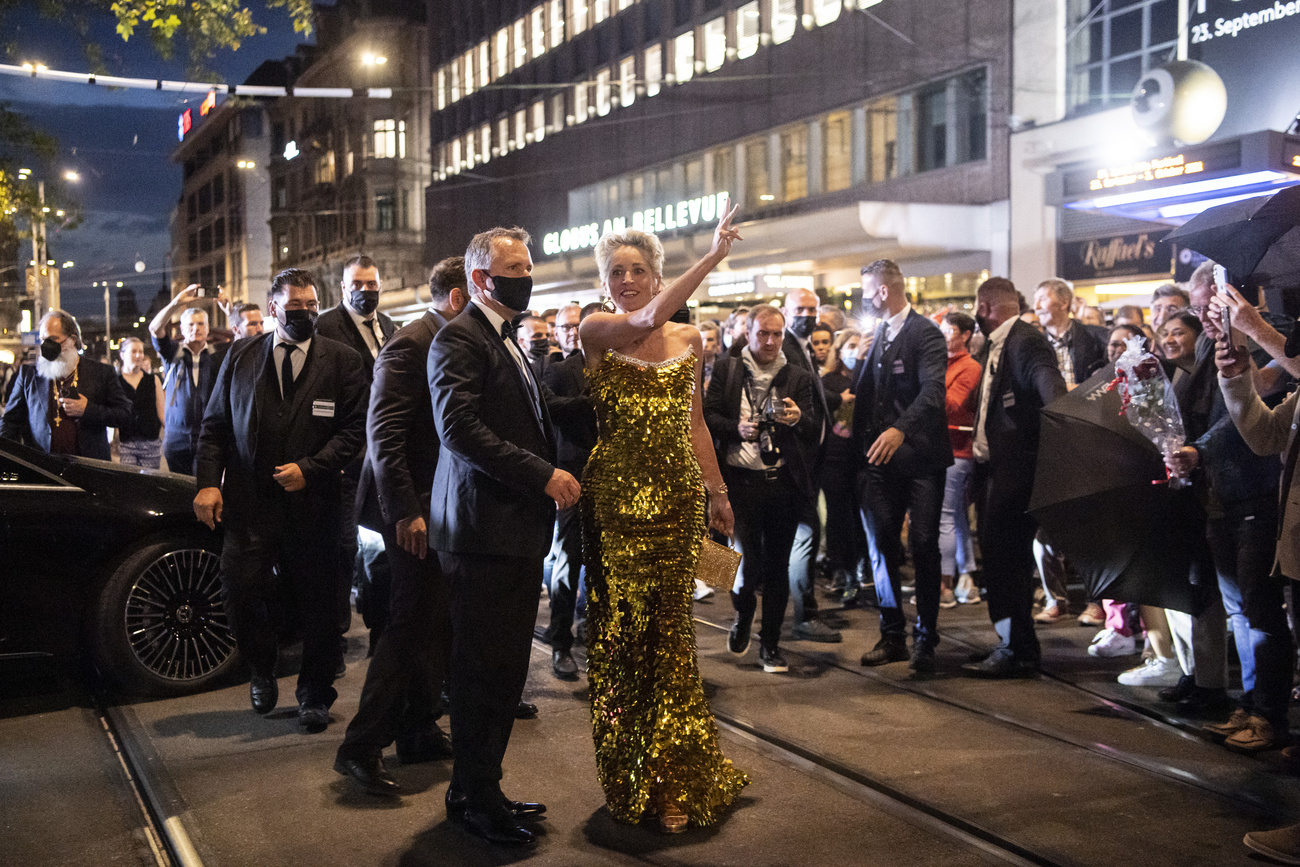
No risks
The ZFF reality, however, is all too often a reinforcement of existing tastes – safe, comparatively bankable European auteurs like Michael Haneke (Amour), Olivier Assayas (Personal Shopper), or, this year, Paolo Sorrentino (The Great Beauty), whose films are mainstays of Swiss arthouse theatres.
In a sense, 2021 Lifetime Achievement Award honouree Paul Schrader, whose latest directing effort, the psychological drama The Card Counter, will screen at the festival, hit the nail on the head when, in his thank-you statement, he referred to the ZFF as “a very hip film festival.”

In its 17th edition, the ZFF has reached an age, to extend Christian Jungen’s Solothurn metaphor, where it doesn’t seem all that frivolous to ask where it envisions itself going in the future.
While it has successfully established itself within Switzerland as a celebration of film as a concept, it has yet to find its true calling as a film festival on the international stage. It is certainly too early to deem it a “dispensable festival” – but then again, it’s never too early to start soul-searching.

Alan Mattli has been writing consistently about cinema, in German and in English, both on his own blog FacingTheBitterTruth.comExternal link and for a variety of predominantly Swiss publications, such as Frame and Maximum Cinema.
You can follow him on Twitter and Instagram (@AlanMattli), and also on Letterboxd (alanmattli).

In compliance with the JTI standards
More: SWI swissinfo.ch certified by the Journalism Trust Initiative
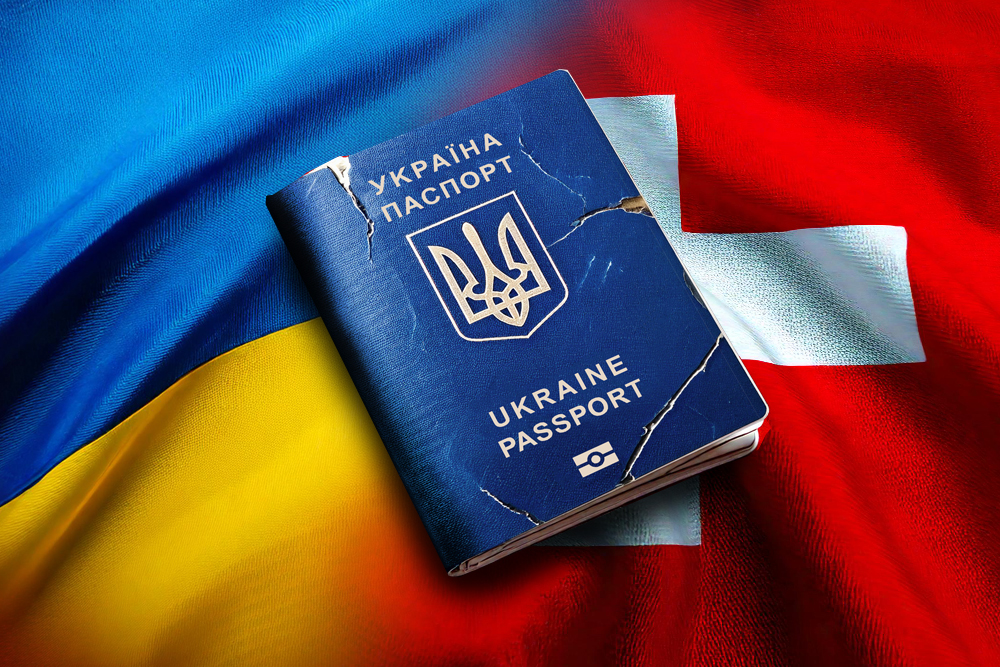
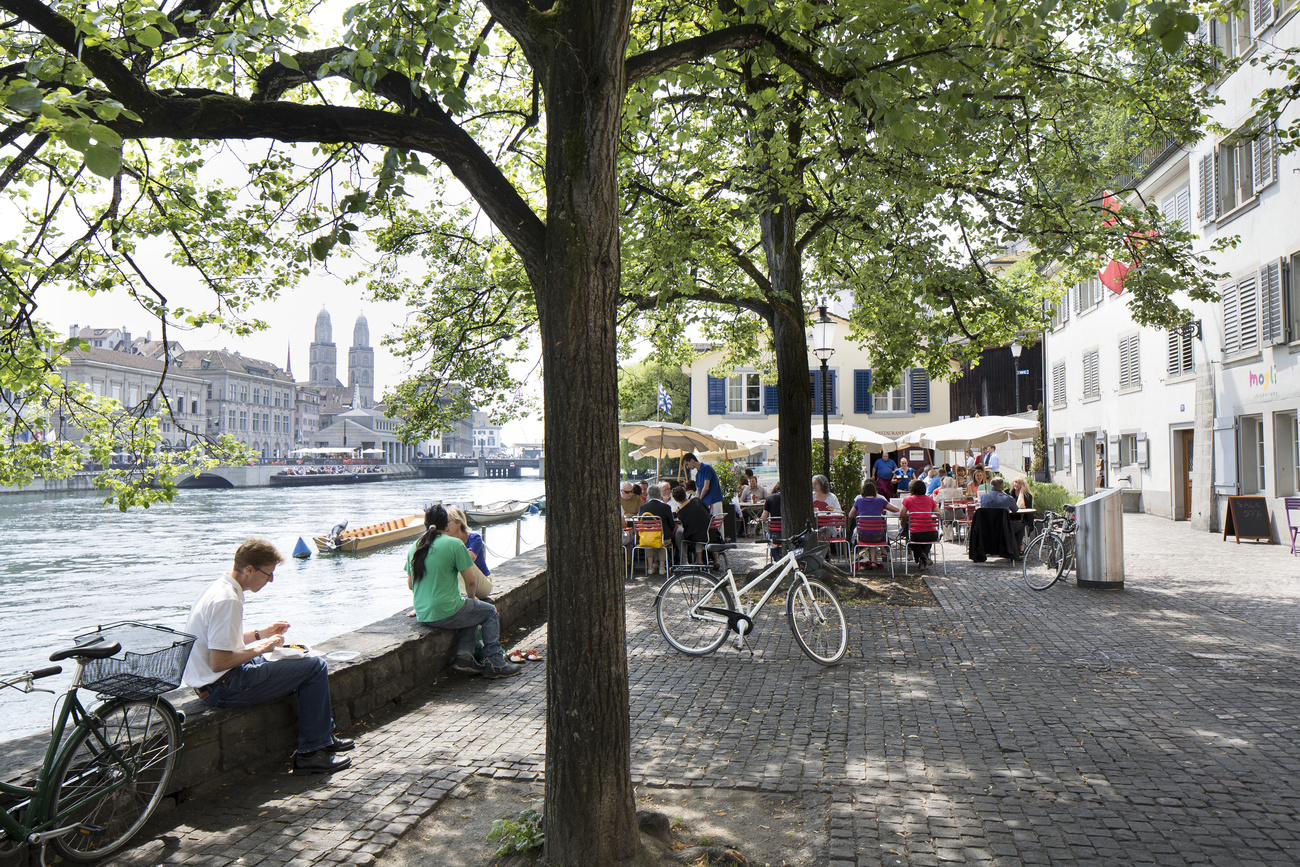






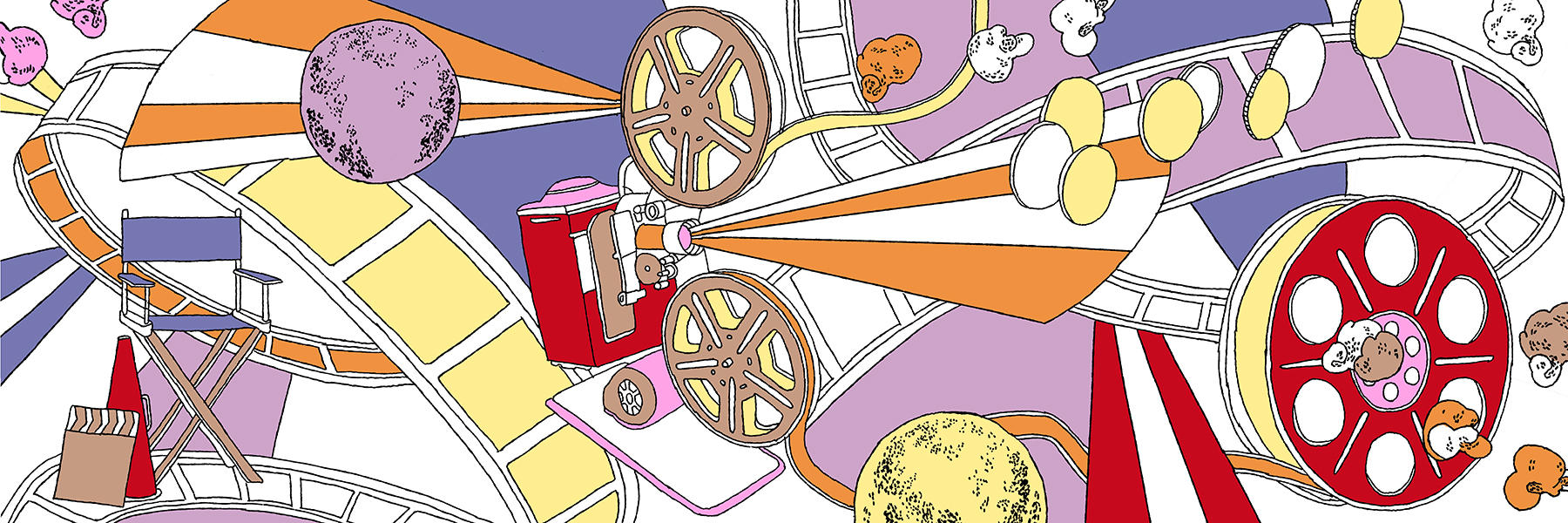
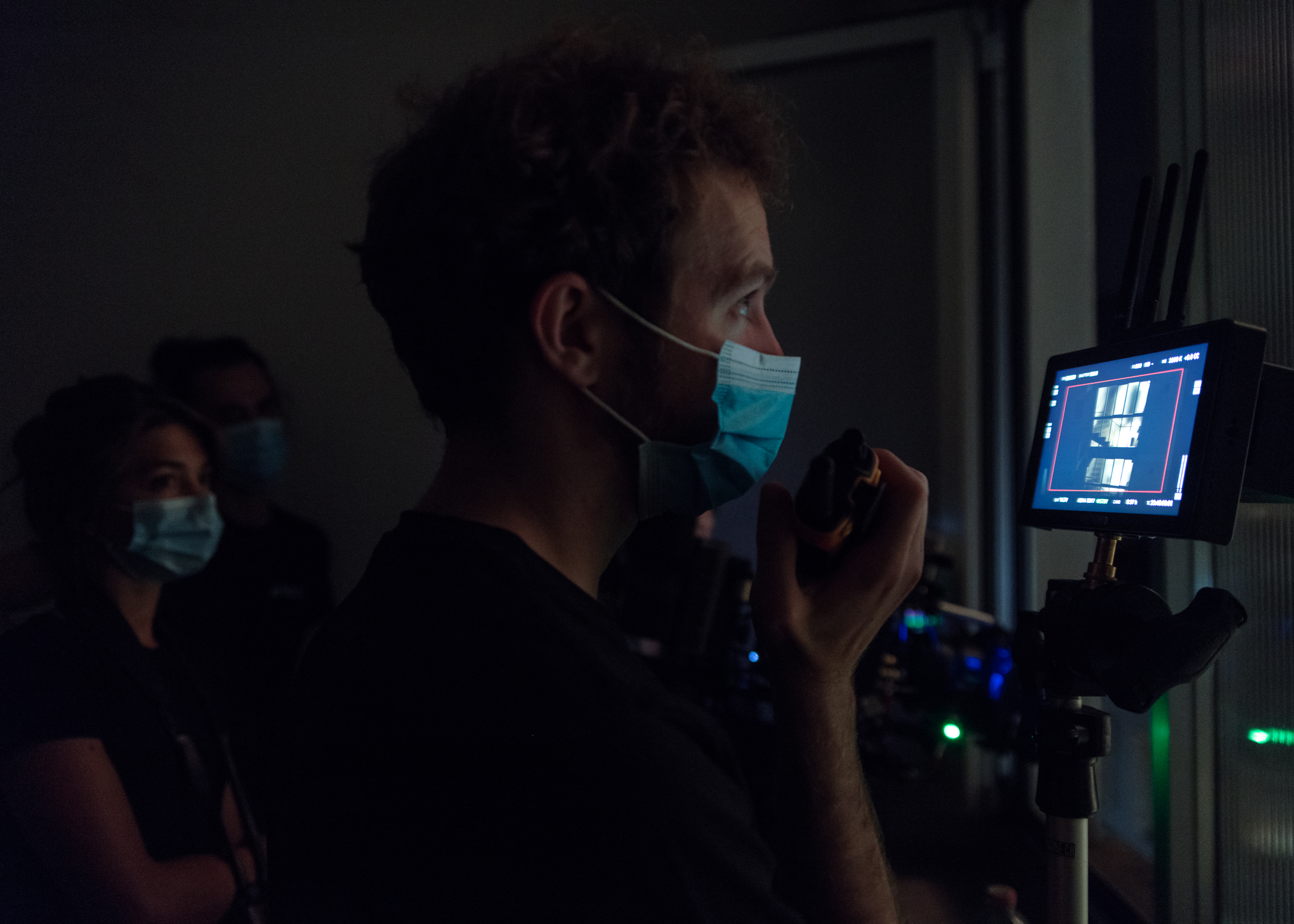
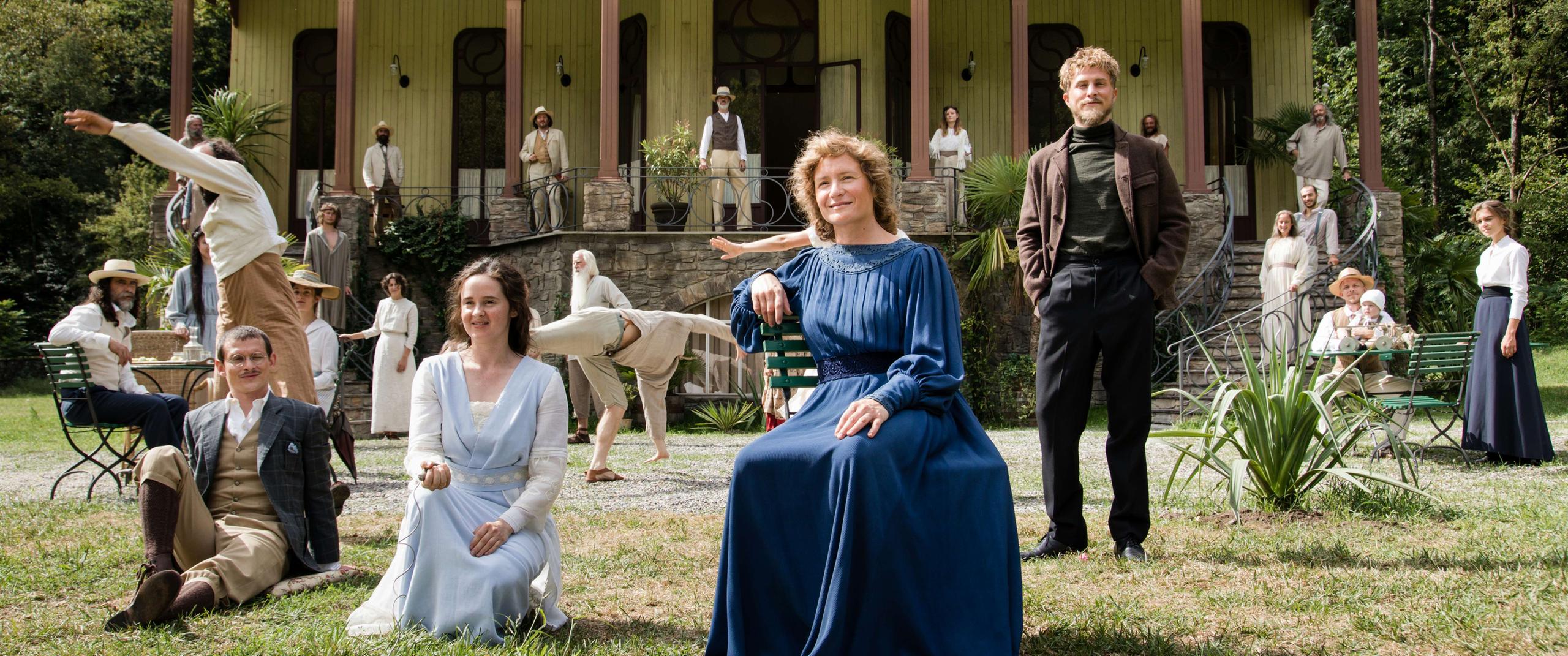
Join the conversation!